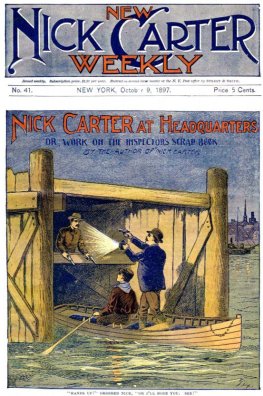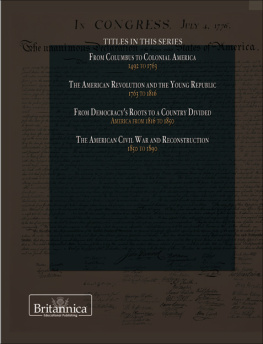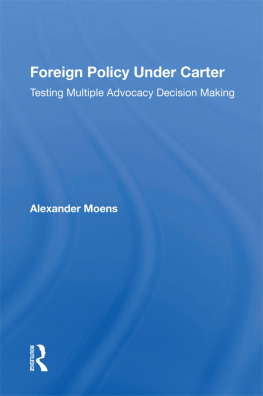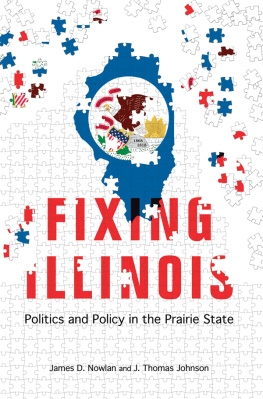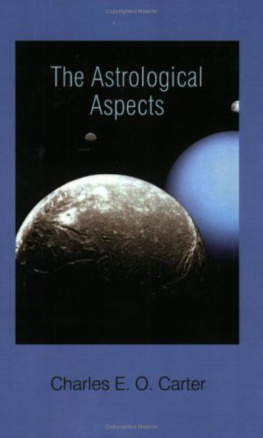The cover image was created by the transcriber and is placed in the public domain.
BRITISH POLICY IN THE ILLINOIS COUNTRY
1763-1768
BY
CLARENCE EDWIN CARTER
A. M., 1906 (UNIVERSITY OF WISCONSIN)
THESIS
SUBMITTED IN PARTIAL FULFILLMENT OF THE REQUIREMENTS
FOR THE
DEGREE OF DOCTOR OF PHILOSOPHY IN HISTORY
IN THE
GRADUATE SCHOOL
OF THE
UNIVERSITY OF ILLINOIS
1908
Certification of thesis
UNIVERSITY OF ILLINOIS
June 1 1908
THIS IS TO CERTIFY THAT THE THESIS PREPARED UNDER MY SUPERVISION BY
Clarence Edwin Carter, A.M.
ENTITLED British Policy in the Illinois Country, 1763-1768
IS APPROVED BY ME AS FULFILLING THIS PART OF THE REQUIREMENTS FOR THE DEGREE
OF Doctor of Philosophy in History
Evarts B Greene
HEAD OF DEPARTMENT OF History.
BRITISH POLICY IN THE ILLINOIS COUNTRY
1763-1768
| Introductory Survey. |
| The Occupation of Illinois. |
| Status of the Illinois Country in the Empire. |
| Trade Conditions in Illinois, 1765-1775. |
| Colonizing schemes in the Illinois. |
| Events in the Illinois Country, 1765-1768. |
CHAPTER I.
INTRODUCTORY SURVEY.
In 1763 Great Britain was confronted with the momentous problem of the readjustment of all her colonial relations in order to meet the new conditions resulting from the peace of Paris, when immense areas of territory and savage alien peoples were added to the empire. The necessity of strengthening the imperial ties between the old colonies and the mother country and reorganizing the new acquisitions came to the forefront at this time and led the government into a course soon to end in the disruption of the empire. Certainly not the least of the questions demanding solution was that of the disposition of the country lying to the westward of the colonies, including a number of French settlements and a broad belt of Indian nations. It does not, however, come within the proposed limits of this study to discuss all the different phases of the western policy of England, except in so far as it may be necessary to make more clear her attitude towards the French settlements in the Illinois country.
The European situation leading to the Seven Years War, which ended so disastrously to French dominion, is too familiar to need repetition. That struggle was the culmination of a series of continental and colonial wars beginning towards the close of the seventeenth century and ending with the definitive treaty of 1763. During the first quarter of the century France occupied a predominating position among the powers. Through the aggressiveness of Louis XIV and his ministers her boundaries had been pushed eastward and westward, which seriously threatened the balance of power on the continent. Until 1748 England and Austria had been in alliance against their traditional enemy, while in the Austrian Succession France had lent her aid to Prussia in the dismemberment of the Austrian dominions,at the same time extending her own power in the interior of America and India. In the interval of nominal peace after the treaty of Aix-la-Chapelle in 1748, preparations were begun for another contest. The astute diplomacy of Kaunitz won France from her traditional enmity and secured her as an open ally for Maria Theresa in her war of revenge. While the European situation was giving occasion for new alignments of powers, affairs in America were becoming more and more important as between France and England. Here for over a century the two powers had been rivals for the territorial and commercial supremacy.
In North America the pioneers had won for her the greater part of the continent,the extensive valleys of the St. Lawrence and the Mississippi with all the land watered by their tributaries. The French claim to this region was based almost entirely upon discovery and exploration, for in all its extent less than one thousand people were permanently settled. Canada at the north and the region about New Orleans on the extreme south containing the bulk of the population, while throughout the old Northwest settlements were few and scattering. Trading posts and small villages existed at Vincennes on the Wabash River, at Detroit on a river of the same name, at St. Joseph near Lake Michigan and other isolated places. Outside of Detroit, the most important and populous settlement was situated along the eastern bank of the Mississippi, in the southwestern part of the present state of Illinois. Here were the villages of Kaskaskia, St. Phillippe, Prairie du Rocher, Chartres village and Cahokia, containing a population of barely two thousand people.
In contrast to this vast area of French territory and the sparseness of its population were the British colonies, with more than a million people confined to the narrow strip between the Alleghany mountains and the Atlantic ocean. These provinces were becoming comparatively crowded and many enterprising families of English, Scotch Irish, and German extraction were pushing westward towards the mountains. Each year saw the pressure on the western border increased; the great unoccupied valley of the Ohio invited homeseekers and adventurers westward in spite of hostile French and Indians. By the fifth decade the barriers were being broken through by constantly increasing numbers, and the French found their possession of the West and their monopoly of the fur trade seriously threatened.
To prevent such encroachments the French sought to bind their possessions together with a line of forts extending from the St. Lawrence down the Ohio valley to the Gulf of Mexico. It had indeed been the plan of such men as La Salle, Iberville, and Bienville to bring this territory into a compact whole and limit the English colonies to the line of mountains. New Orleans and Mobile gave France command of the Gulf of Mexico and the Mississippi River; Louisburg, Niagara, and Frontenac afforded protection for Canada. The weak point for France was the Ohio valley, in the upper part of which Virginia and Pennsylvania settlers had already located. Celoron, who went down the Ohio in 1749, burying plates of lead to signify French dominion, warning English settlers and traders, and persuading the Indians to drive out the invaders of their hunting grounds, saw the inevitableness of the conflict. The American phase of the final struggle for colonial empire was to begin in this region.
In the early years of the war Great Britain and her ally met with serious reverses every where, and it seemed probable that France would be able to hold her line of defense in America. The French colonies, however, were fundamentally weak. Being wholly dependent upon the mother country, when the latter became absorbed in the continental struggle to the exclusion of her interests in her colonial possessions, defeat was inevitable. By 1758 the tide was turning in America; this, together with the victories of Clive in India and Frederick the Great at Rossbach and Leuthen, started France on her downward road to ruin as a world power, and with the transference of the American struggle to Canada by the capture of Montreal and Quebec the war was at an end. In 1762 the financial condition of France became so desperate that Choiseul was anxious for peace and he found George III and Lord Bute ready to abandon their Prussian ally, and even to give up the fruits of some of the brilliant victories of 1762 which brought Spain to her knees.
The definitive treaty of Paris was signed February 10, 1763, by the terms of which France ceded to Great Britain all of Canada and gave up her claim to the territory east of the Mississippi River, except the city of New Orleans, adding to this the right of the free navigation of the Mississippi. Spain received back Havana ceding Florida to England in return. A few weeks before signing the definitive treaty, France, in a secret treaty with Spain ceded to her the city of New Orleans and the vast region stretching from the Mississippi towards the Pacific. Thus was France divested of practically every inch of territory in America.



